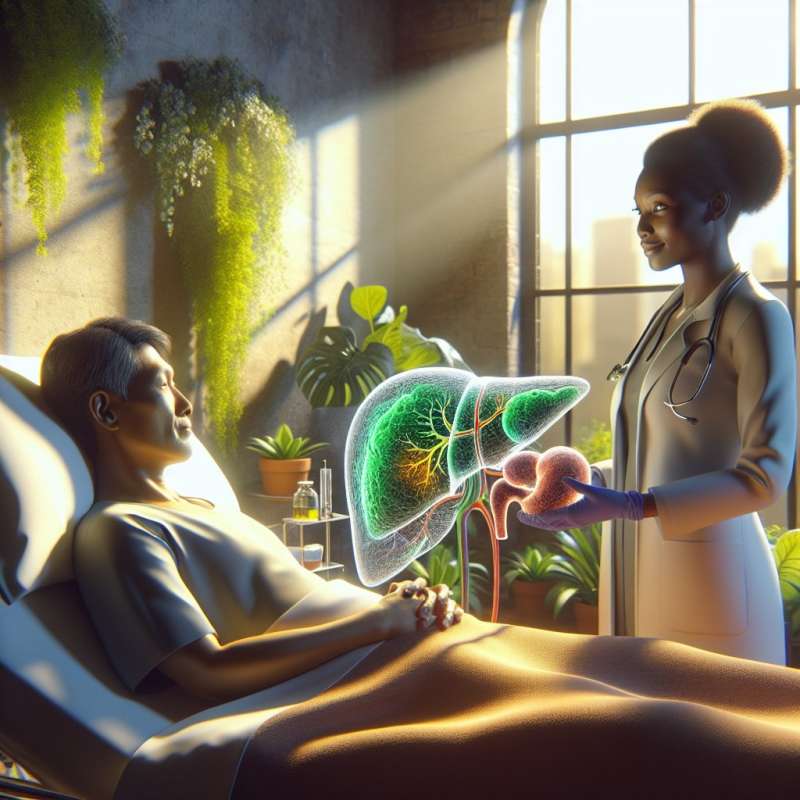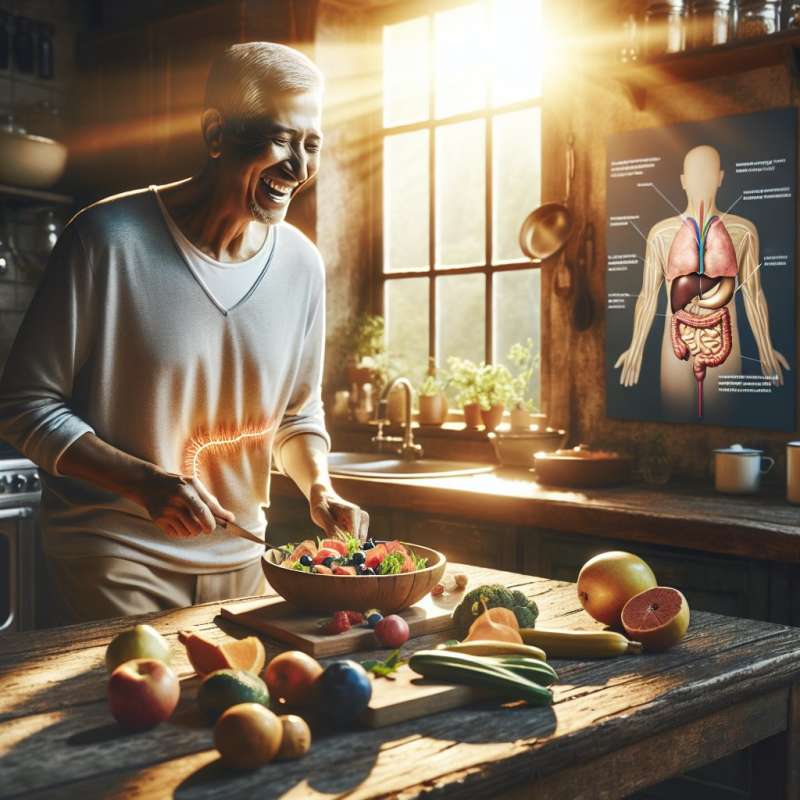
Gallbladder: A Primer
The gallbladder stores bile, aiding in fat digestion. Without it, bile flows directly from the liver into the small intestine, altering digestion.
Digestive Changes Post-Removal
Lacking gallbladder's bile storage, the liver releases bile less efficiently. This can lead to difficulty digesting fats and may cause diarrhea or fatty stools.
Altered Bile Regulation
Continuous, less concentrated bile flow can increase the risk of developing gallstones in the liver's bile ducts, a condition known as primary bile duct stones.
Nutrient Absorption Impact
Fat-soluble vitamin absorption (A, D, E, K) may decrease post-gallbladder removal, potentially leading to deficiencies without proper dietary adjustments.
Biliary System Adaptation
Over time, the bile ducts may enlarge slightly to compensate for the gallbladder's absence, increasing their storage capacity to some extent.
Gastrointestinal Hormone Effects
Without the gallbladder, levels of cholecystokinin, the hormone that triggers bile release, may fluctuate, affecting gut motility and potentially leading to irritable bowel syndrome-like symptoms.
Long-Term Health Considerations
Post-gallbladder removal, there's a slightly increased risk of colon cancer. This might be due to the prolonged exposure of the colon to bile acids.
What does the gallbladder store?
Gastric juices
Bile for digestion
Digestive enzymes
Company